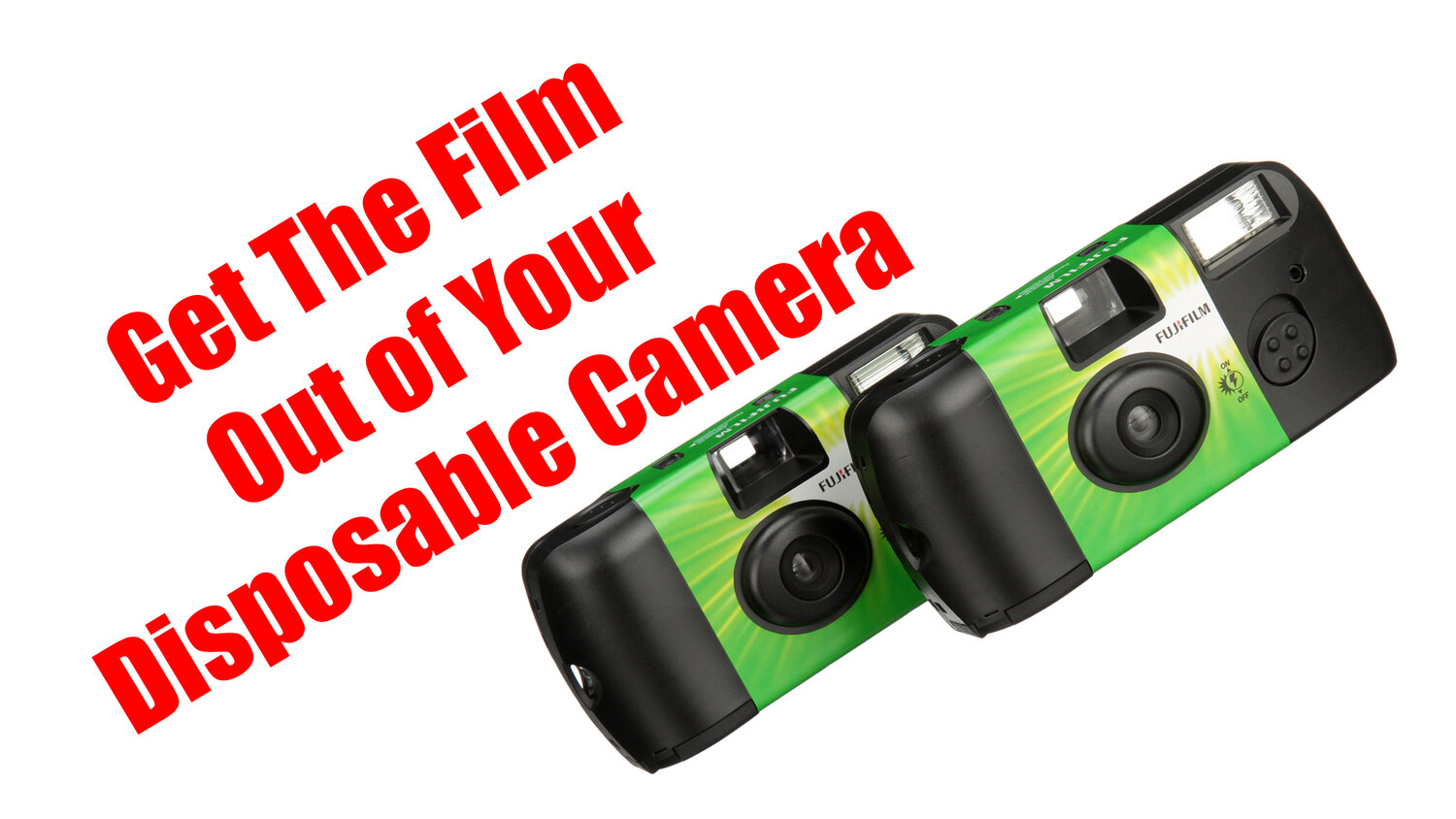digital Camera Disposal: A Guide to Responsible Recycling
Digital cameras have revolutionized the way we capture and share memories. However, with advancements in technology, these devices often become obsolete, leaving us with the question of responsible disposal. Improperly discarding electronic waste, including cameras, can have significant environmental and health consequences. This article will explore the crucial aspects of digital camera disposal, guiding you towards environmentally friendly and socially conscious practices.
The Environmental Impact of Improper Disposal
Electronic waste, or e-waste, is a growing global concern. Digital cameras, despite their compact size, contain a complex array of materials, many of which are hazardous to the environment and human health.

Toxic Substances: Cameras contain valuable metals such as gold, silver, and copper, but also harmful substances like lead, mercury, cadmium, and arsenic. These substances can leach into the soil and groundwater when discarded in landfills, contaminating water sources and posing risks to wildlife and human health.
Responsible Disposal Options
Fortunately, there are several responsible ways to dispose of your old digital camera:

E-waste Collection Programs: Many communities offer e-waste collection events or have designated drop-off centers where you can recycle your camera for free. These programs often accept a wide range of electronics, including cameras, laptops, and smartphones.
Donate to Charities: If your camera is still in working condition, consider donating it to a local school, community center, or a charitable organization that supports photography education or artistic endeavors.
Before disposing of your camera, it is crucial to ensure that your personal data is securely erased. This includes deleting photos, videos, and any stored information. You can usually factory reset your camera to erase all data.
Consider Repair: Before discarding a broken camera, explore repair options. Many camera repair shops can fix common issues, extending the life of your device and reducing electronic waste.
Choosing the Best Disposal Method
The most appropriate disposal method will vary depending on the condition of your camera, your local options, and your personal preferences. Consider the following factors:
Camera Condition: If your camera is still in good working order, reuse or donation may be the most suitable options. For broken or outdated cameras, recycling is the most environmentally responsible choice.
Promoting Sustainable Practices
Beyond individual actions, promoting sustainable electronics practices requires collective effort:
Support Legislation: Advocate for legislation that promotes the responsible management of e-waste, including extended producer responsibility programs that hold manufacturers accountable for the end-of-life management of their products.
By following these guidelines and advocating for responsible e-waste management, we can minimize the environmental impact of our digital camera use and ensure a more sustainable future for our planet.
digital camera disposal
